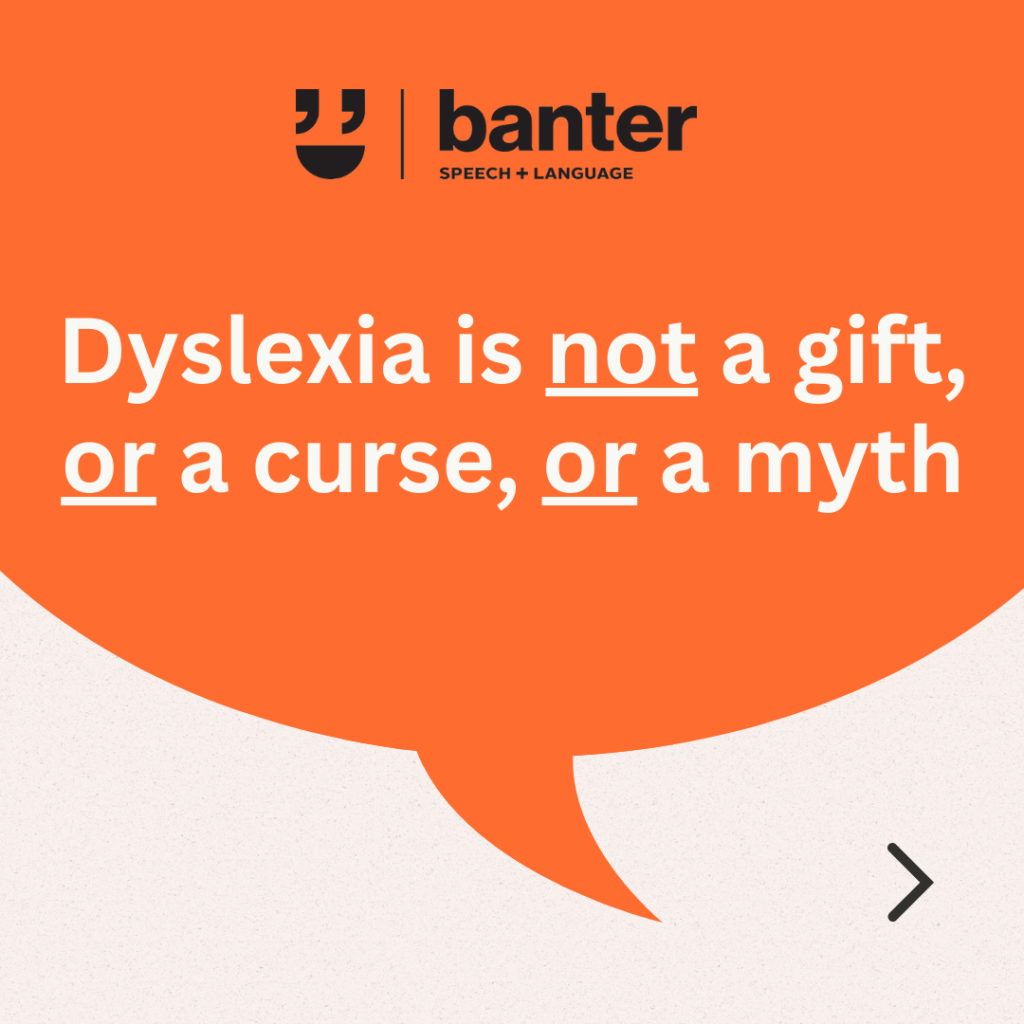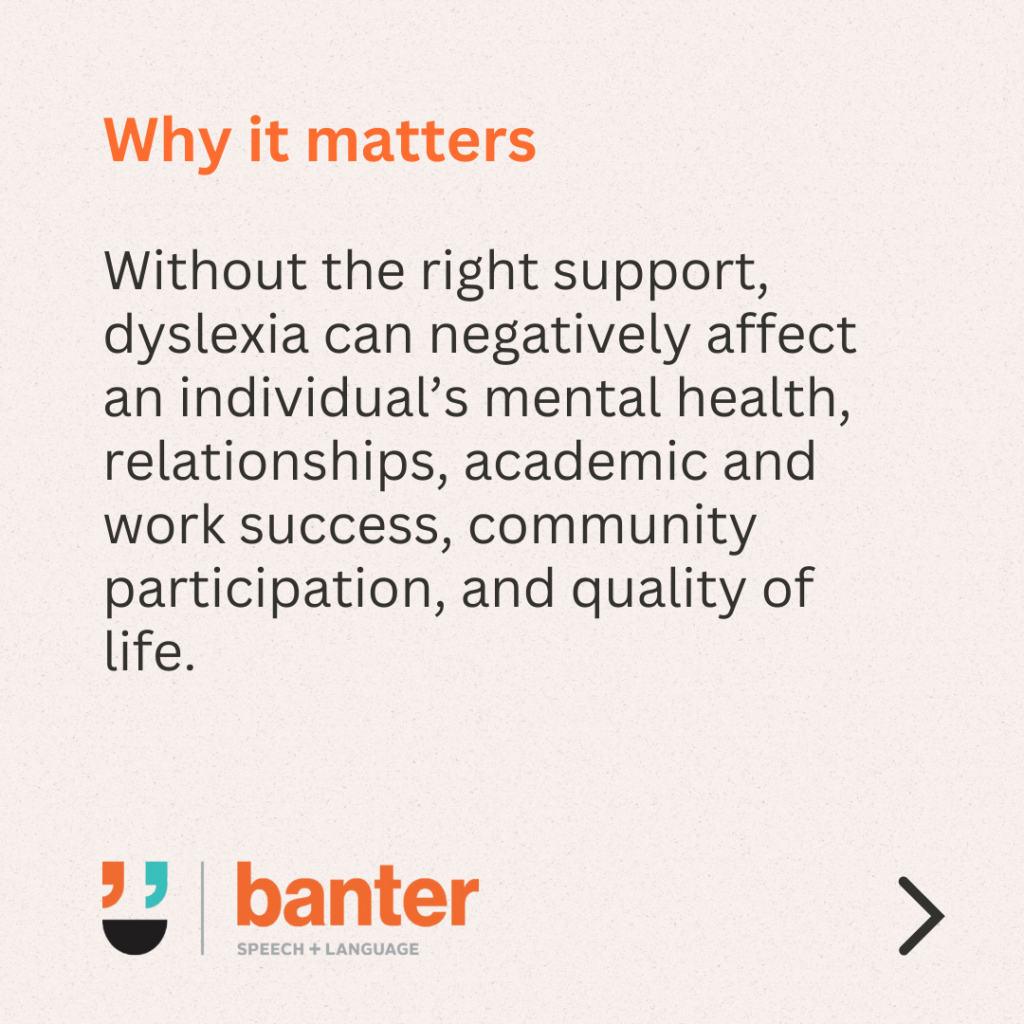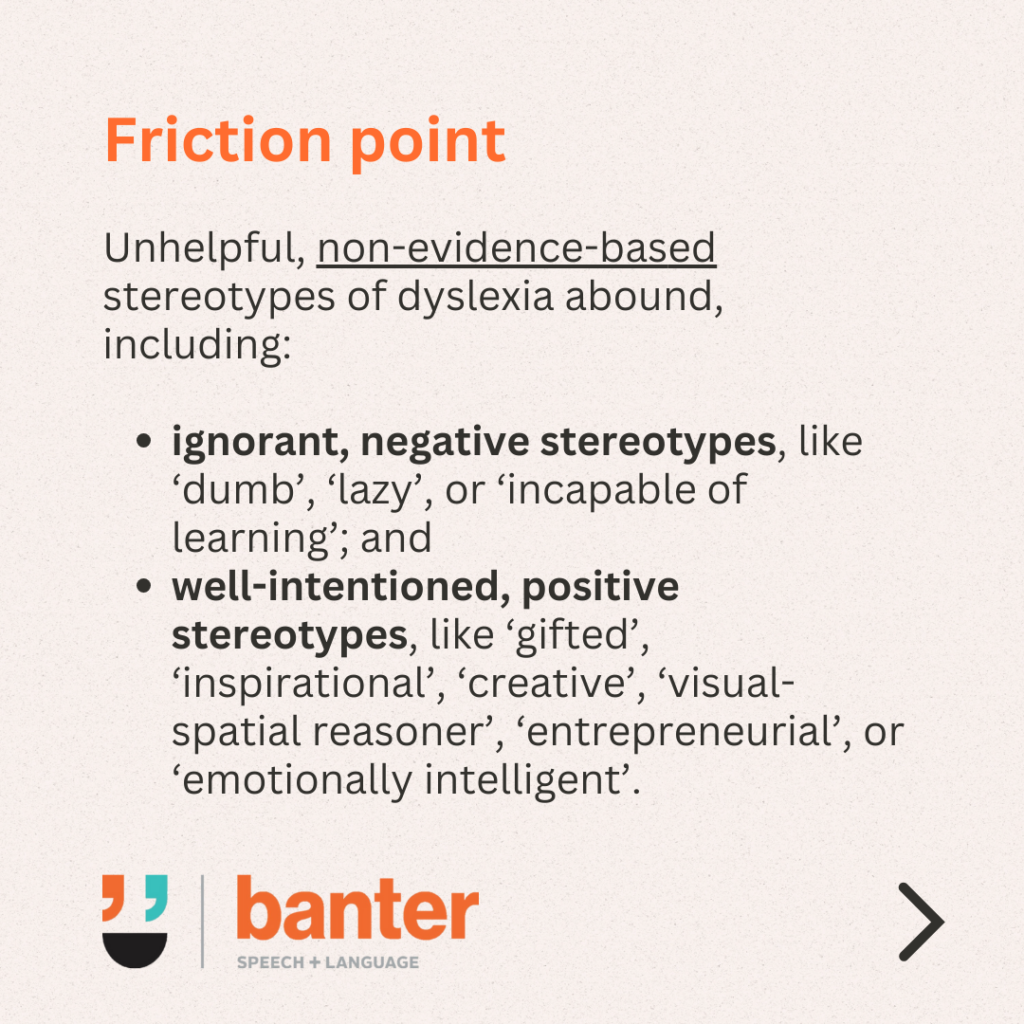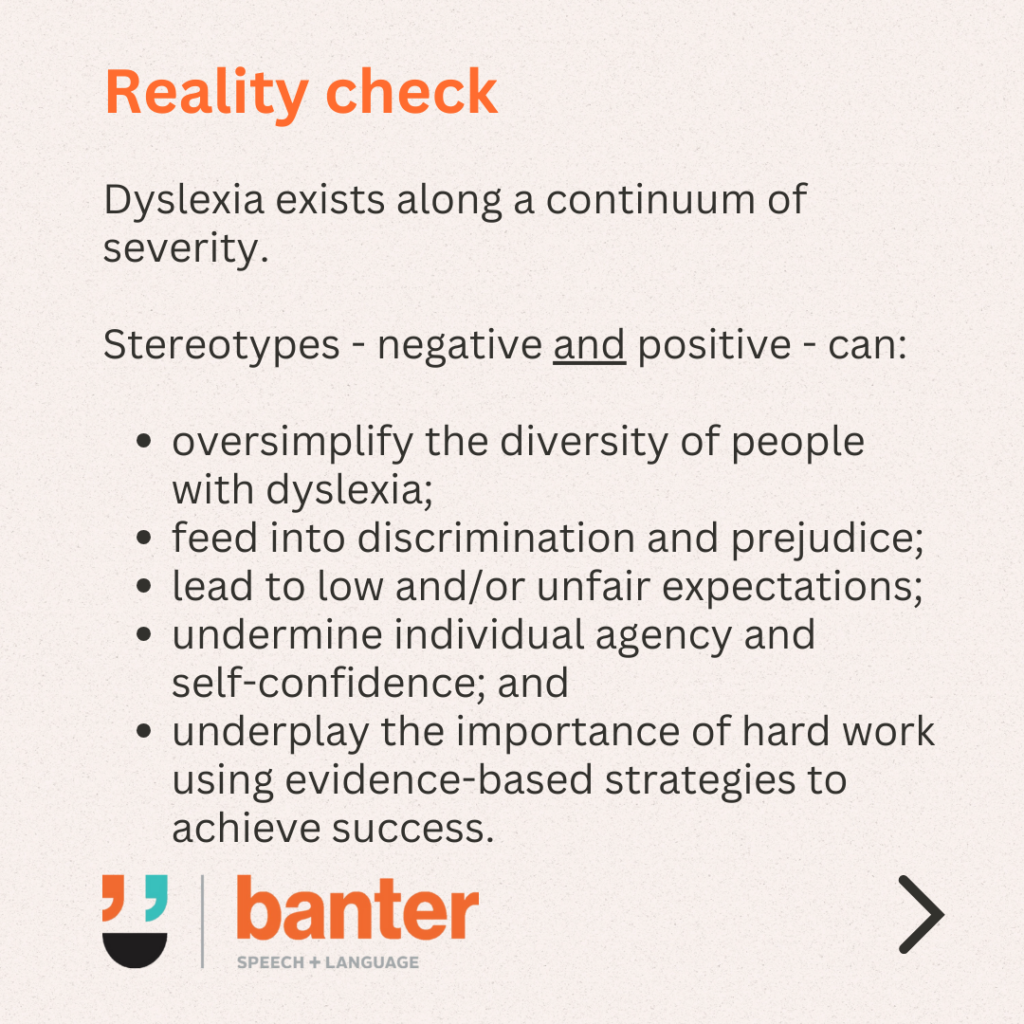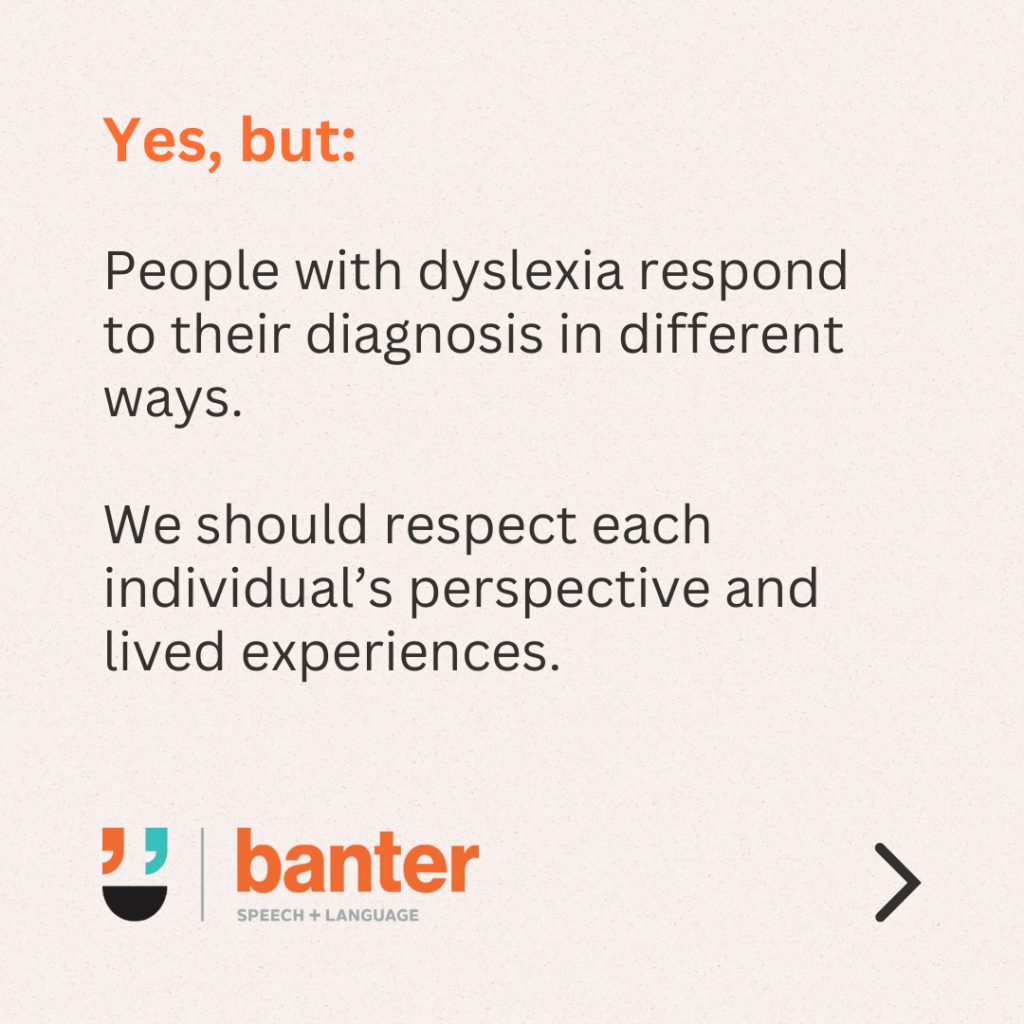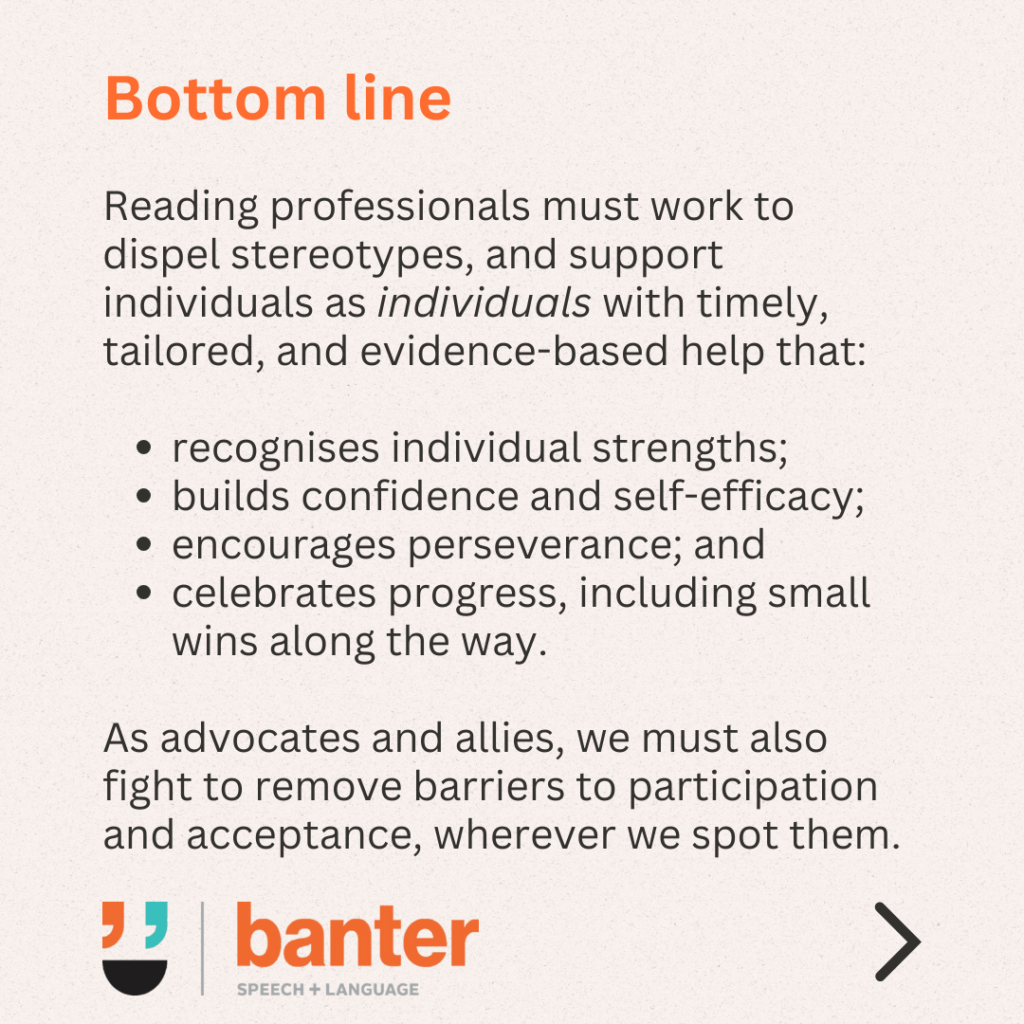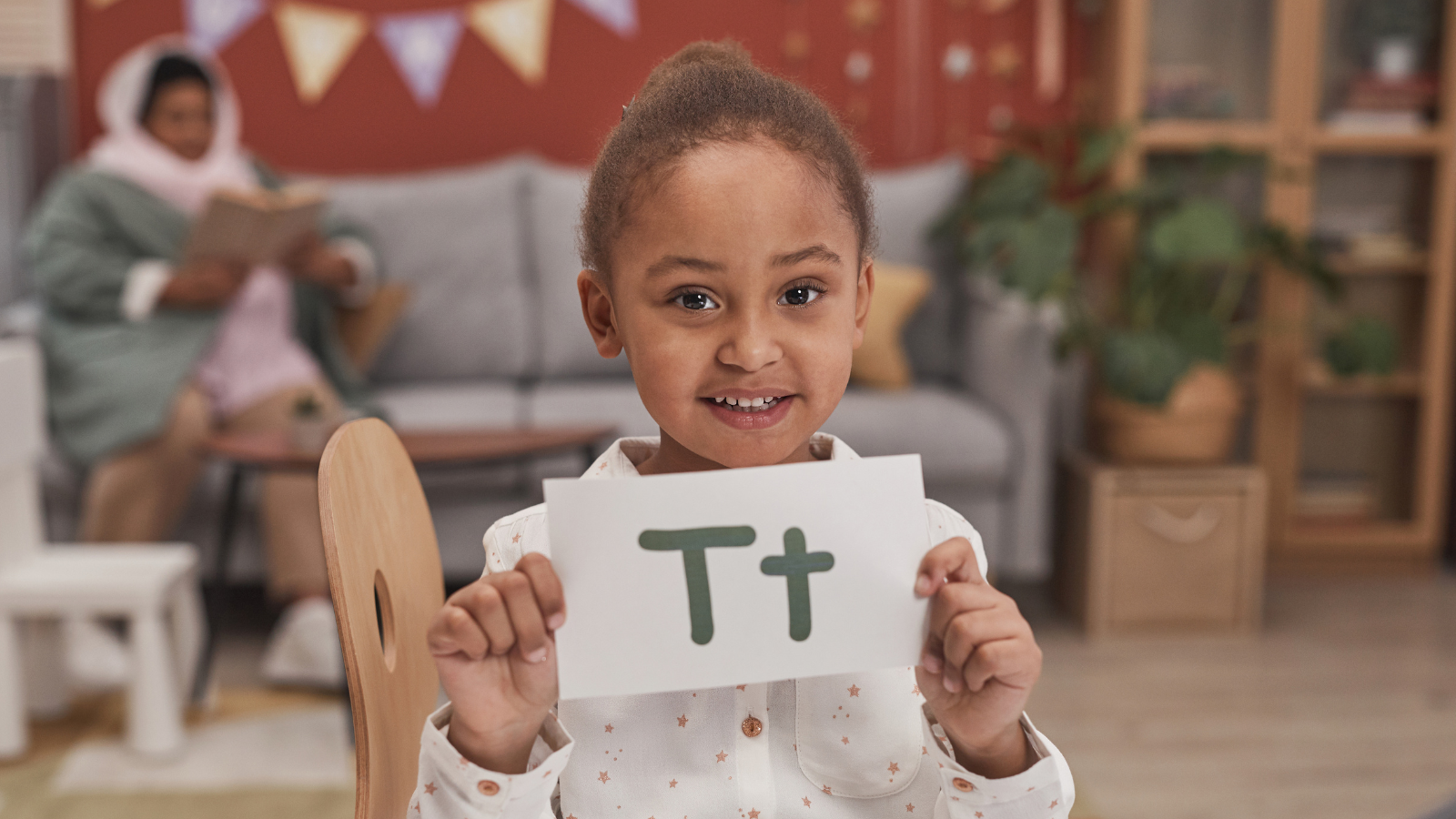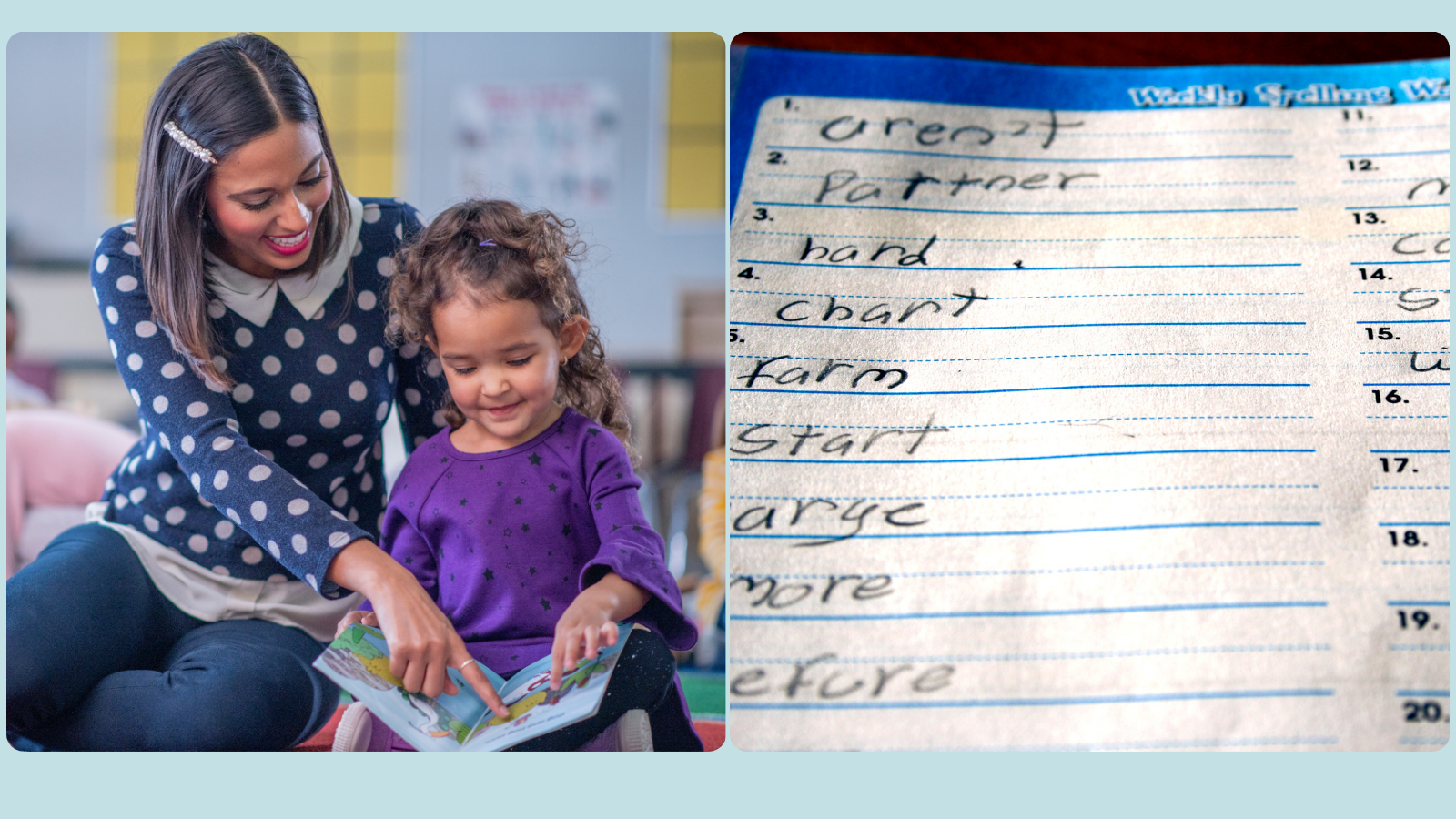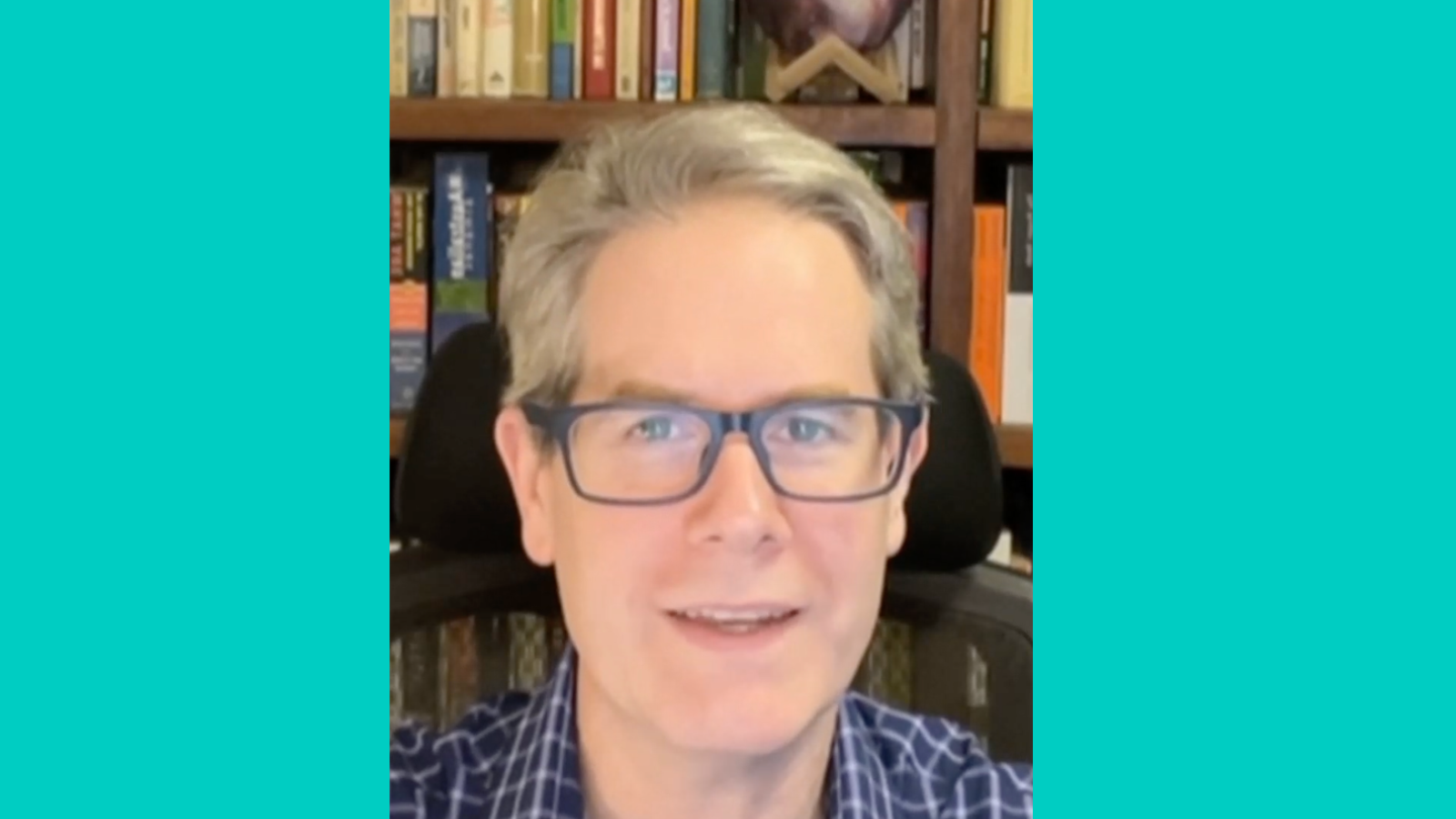Dyslexia is not a gift, or a curse, or a myth
The big picture:
Dyslexia (also known as specific learning disorder in reading):
- describes significant challenges with word recognition and spelling, with a slow response to evidence-based literacy instruction;
- is influenced by genetic, neurobiological, and environmental factors;
- is often associated with deficits in the phonological processing of oral language; and
- can co-occur with speech and language disorders (including Developmental Language Disorder).
Why it matters:
Without the right support, dyslexia can negatively affect an individual’s mental health, relationships, academic and work success, community participation, and quality of life.
Friction point: Unhelpful, non-evidence-based stereotypes of dyslexia abound, including:
- ignorant, negative stereotypes, like ‘dumb’, ‘lazy’, or ‘incapable of learning’; and
- well-intentioned, positive stereotypes, like ‘gifted’, ‘inspirational’, ‘creative’, ‘visual-spatial reasoner’, ‘entrepreneurial’, or ‘emotionally intelligent’.
Reality check:
- Dyslexia exists along a continuum of severity.
- Stereotypes – negative and positive – can:
- oversimplify the diversity of people with dyslexia;
- feed into discrimination and prejudice;
- lead to low and/or unfair expectations;
- undermine individual agency and self-confidence; and
- underplay the importance of hard work using evidence-based strategies to achieve success.
Yes, but: People with dyslexia respond to their diagnosis in different ways. We should respect each individual’s perspective and lived experiences.
Bottom line:
Reading professionals must work to dispel stereotypes, and support individuals as individuals with timely, tailored, and evidence-based help that:
- recognises individual strengths;
- builds confidence and self-efficacy;
- encourages perseverance; and
- celebrates progress, including small wins along the way.
As advocates and allies, we must also fight to remove barriers to participation and acceptance, wherever we spot them.
Go deeper:
Odegard, T.N., Dye, M. The gift of dyslexia: what is the harm in it? Annals of Dyslexia 74, 143–157 (2024). (Abstract only)
Read more:
Learning to read: what works, and why
Too many children can’t read. We know what to do. But how should we do it?
What I think about when I meet a child who can’t read
Dyslexia Awareness Month – SPELD NSW

Hi there, I’m David Kinnane.
Principal Speech Pathologist, Banter Speech & Language
Our talented team of certified practising speech pathologists provide unhurried, personalised and evidence-based speech pathology care to children and adults in the Inner West of Sydney and beyond, both in our clinic and via telehealth.


